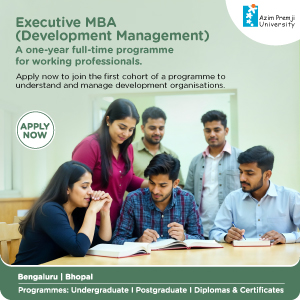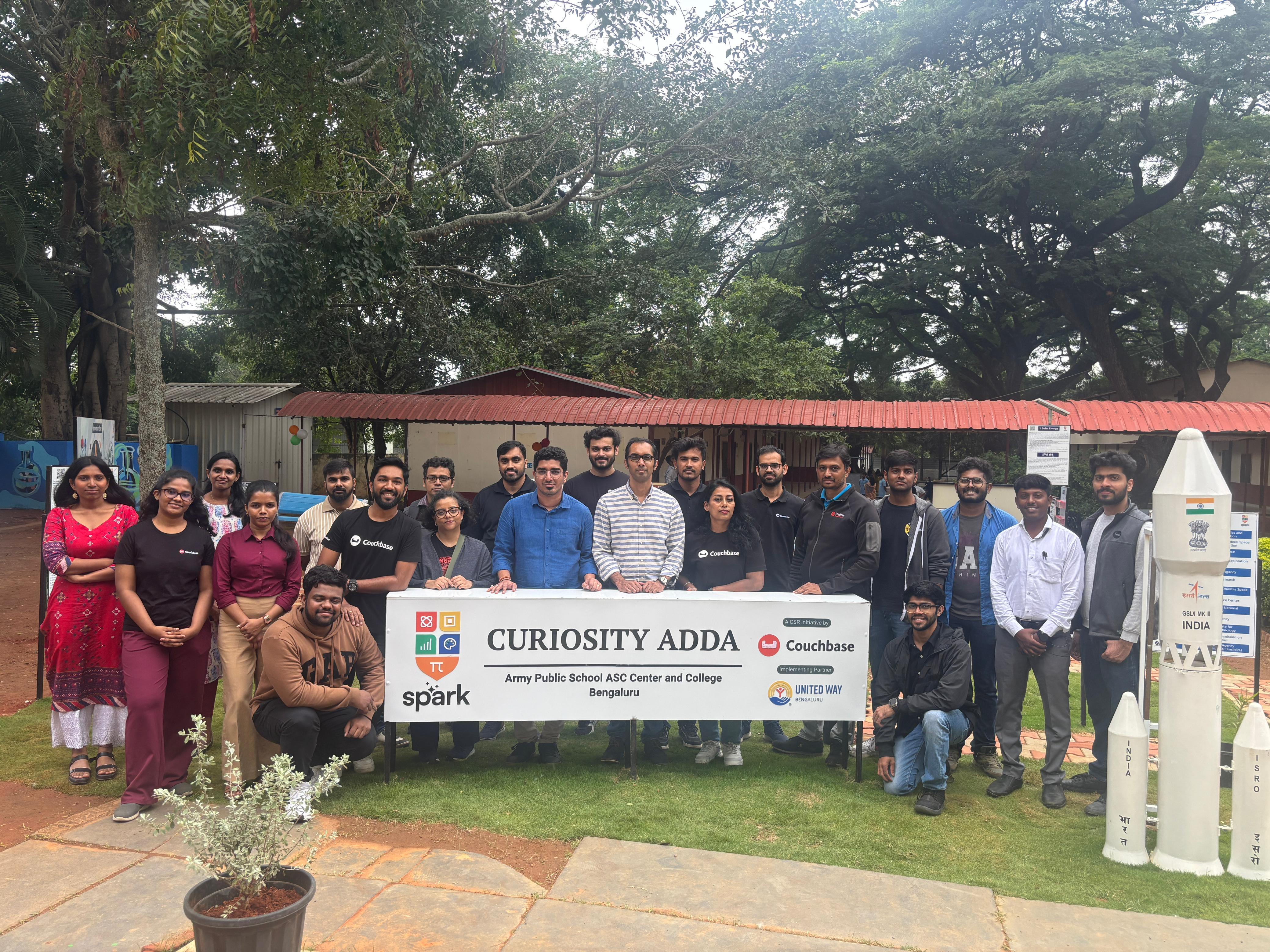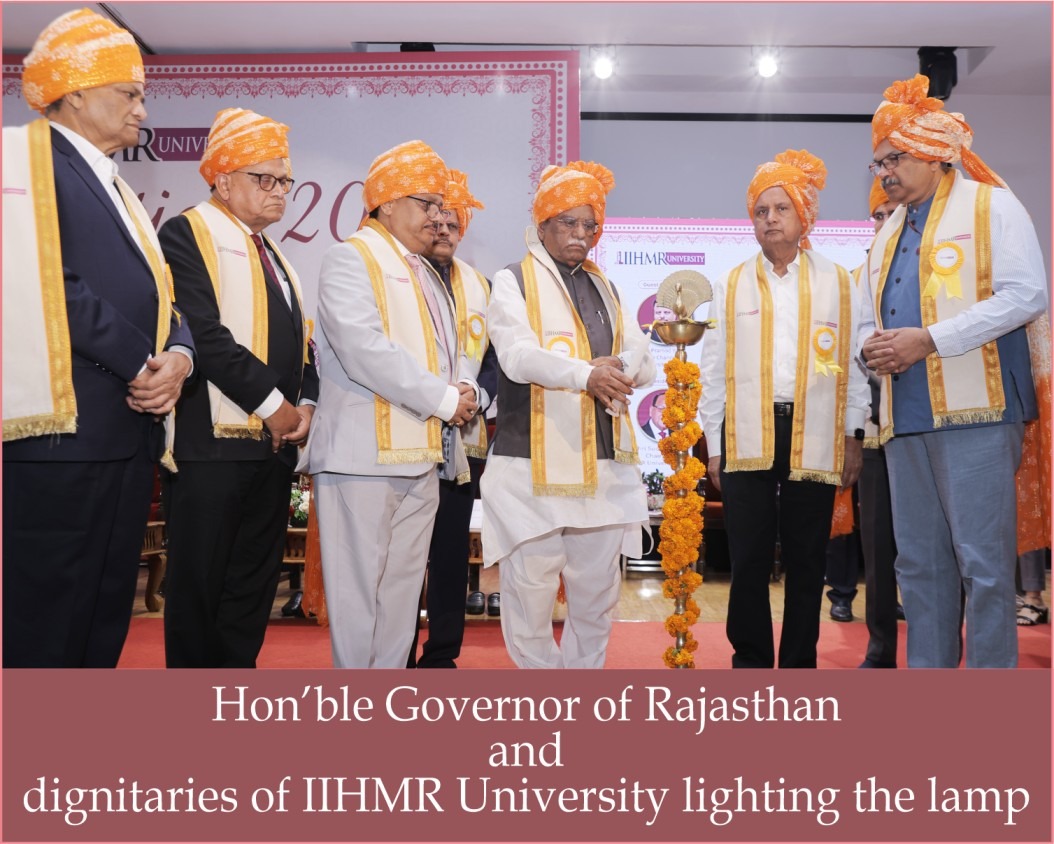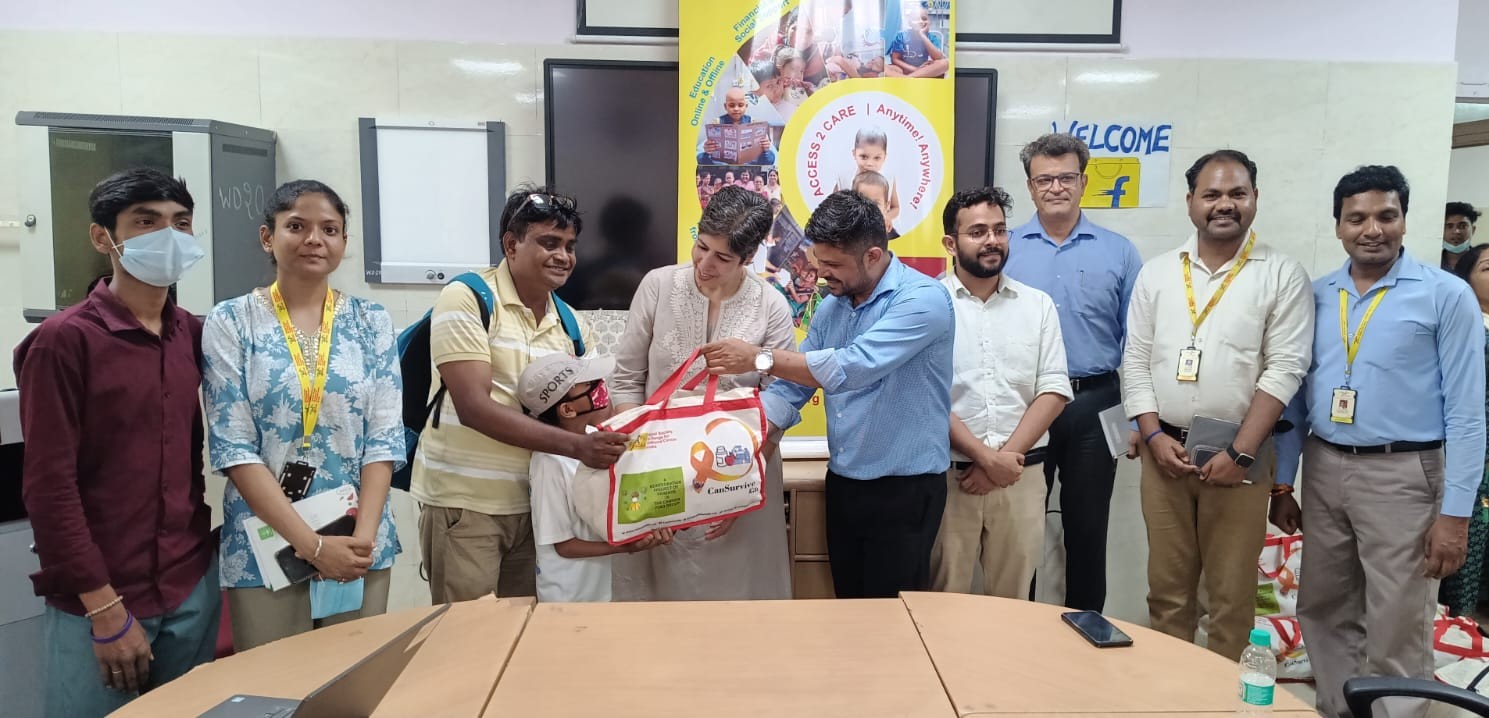Subscribe our Weekly Newsletter
Applications Invited for Convergence Research Centres of Excellence (CoE): Bridging Social Sciences, Humanities, Science & Technology
Organization: Anusandhan National Research Foundation (ANRF)
Apply By: 12 Aug 2025
About the Organization
Anusandhan National Research Foundation (ANRF) - established through an Act of Parliament: ANRF Act, 2023, to provide high-level strategic directions for research, innovation, and entrepreneurship in the fields of natural sciences, including mathematical sciences, engineering and technology, environmental and earth sciences, health and agriculture, and scientific and technological interfaces of humanities and social sciences.
ANRF has been established to promote research and development and foster a culture of research and innovation throughout India’s Universities, Colleges, Research Institutions, and R&D laboratories. ANRF acts as an apex body to provide high-level strategic direction of scientific research in the country as per recommendations of the National Education Policy. ANRF forges collaborations among the industry, academia, and government departments and research institutions.
About the Grant
Contemporary societal challenges requires integrated, trans-disciplinary solutions. Critical challenges at the regional and national level necessitates a new generation of interdisciplinary research that brings together the depth of the core sciences with the contextual insight of the social sciences and humanities. In the advent of modern technologies such as artificial intelligence, robotics, big data analytics, etc., the interdisciplinary approaches will aid in understanding the regional socioeconomic problem and also pave way to achieve the sustainable development goals.
Anusandhan National Research Foundation (ANRF) aims to establish "convergence" research Centres of Excellence (CoEs) to undertake cutting edge, innovative and impactful research at the interface of Science, Technology, Humanities, Social Sciences and Society. These Centres will address complex societal challenges that require integrated perspectives from both technical and social sciences/humanities domains.
Program Objectives:
The program encourages multi-disciplinary research approach to address the challenging societal problems in some of the indicative thematic areas at the intersection of Science, Engineering, Technology, Social Sciences and Humanities. The proposed centres are expected to
- catalyse interdisciplinary research at the interface of the natural sciences, engineering, and the social sciences and humanities.
- establish institutional platforms that anchor high-impact, transdisciplinary research aligned with societal priorities.
- promote the deep integration of scientific knowledge within social science and humanities frameworks to address complex and systemic challenges.
- foster long-term academic partnerships to accelerate research, build capacity, and create public value at the science-society interface.
The centre will be anchored in the institution/department specialized in social sciences and humanities, should collaborate with investigators from Science, Technology or Policy research areas as partners from the same or in other institution(s). The centres can also involve investigators from management science disciplines as a strategic partners to provide practical solutions for implementation in real world condition.
Fostering partnerships between Social Science and Humanities scholars and researchers from Science, Engineering, and Technology domains will aid in catalysing a shift toward integrated knowledge ecosystems, and inculcate a culture of cross-disciplinary collaboration in response to global challenges. Furthermore, research outcome or findings will contribute to societal and economic development, promotes technological innovation, and progress society. Research teams from Social Sciences and Humanities are encouraged to submit the project proposal in collaboration with natural and applied scientists. The proposals that are impactful, innovative and taking a bold stride in addressing societal problems will be supported under this program.
Nature & duration of support:
- The nature of funding support will be aligned with the scope and proposed thematic areas defined by ANRF.
- Each project will be supported for a maximum period of five years, with a maximum funding of ₹25 crore.
Program Guidelines:
The investigators involving single institution or multiple institution may submit the proposal in any of the specified indicative thematic areas.
- Archaeology and Traditional Knowledge systems
- Digital Humanities
- Health and Psychology
- Computational Economics
- Climate Change Resilience
- Emerging Technologies for Social Issues
- Data Science in Public Policy
Eligibility
- Applicants (Principal Investigators (PI) and Co-Principal Investigator(s) (Co-PI(s)) should be Indian citizens. Foreign nationals (including OCI and PIO) employed in recognized academic/R&D institution as described under the institutional affiliation category are eligible to apply provided they fulfil eligibility criteria notified by ANRF.
Institutional Affiliation:
- The Principal Investigator (PI) and all associated investigators must hold regular academic or research positions in an academic institution recognized by UGC/AICTE/PCI/ or publicly funded organization/laboratory under a ministry/Department, or a Private R&D institution recognized by DSIR-SIRO.
Intra-Institutional Collaboration:
- Proposals must involve interdisciplinary collaboration within the institution. Faculty from Social Sciences and Humanities may collaborate with experts in Science and Engineering disciplines within the same institution.
Project Leadership:
- The Investigator from the Social Sciences or Humanities with proven track record in the relevant domain will serve as the Principal Investigator, who will lead the proposed project.
Role Definitions:
- The investigators from the collaborative departments such as Science Engineering and Technology or from the department of Humanities and Social Sciences will serve as Co-principal Investigators (Co-PIs). One co-PI (s) is mandate from the respective disciplines.
Academic Qualifications:
- The Principal Investigator must hold a doctoral degree in Social Sciences or Humanities. Co-Principal Investigator(s) in Science, or Engineering discipline should also hold a doctorate degree. The above criteria is relaxed for co-investigators in the fields of Social Sciences and Humanities. Investigators with Master's degree and atleast 5 years of academic/research experience in the social sciences/humanities are also eligible to serve as co-PI.
Research Experience:
- The Principal Investigators and co-Principal Investigator must have considerable research experience in the proposed field of study and having demonstrable research track record in terms of publications in quality peer-reviewed journals, books, reports, etc.
Team Composition:
- A team of investigators from different disciplines ( Social sciences / humanities / Science / Engineering) must be collaborated to conduct research. Each proposal should have one Principal Investigators and minimum of two Co-Principal Investigators (Co-PIs). One from the social sciences or humanities and another experts from Sciences, Engineering or technology discipline. The centres can also involve investigators from management science disciplines as a strategic partners to provide practical solutions for implementation in real world condition.
Service Requirement:
- The Principal Investigator (PI) and Co-Principal Investigators (Co-PIs) should have at least 6 years of service remaining before superannuation by the time of submission of application.
- Research Associates, Postdoctoral fellows, Ad-hoc faculty, Visiting Scientists, consultants, project fellow and faculty members whose contract is renewed every year are not eligible as PIs or CO-PIs. ANRF reserves the right to determine the eligibility for the cases not mentioned above.
Eligibility Conditions (Multi-Institution Model)
- Recognized academic or research institutions with a demonstrable track record in the Social Sciences and Humanities (SSH) may partner with Research Institutions or Universities. The partnering institution will formally collaborate in the establishment and operation of the centre.
- The eligibility requirements for institutions and investigators under the Multi-Institution model are the same as those outlined for the Single Institution model.
How to Apply
For successful online submission of the application, the following points to be noted:
- PI and Co-PI(s) should first register in the ANRF online portal, www.anrfonline.in Click here to register
- After log-in the applicants are required to fill in all the mandatory fields as specified in that section.
- The key details such as Proposal Title, Project summary, Key words, Aims and objectives, Justification for multidisciplinary research, Expected outcome and output and Budget (Equipment, Research personnel, Consumables, Travel, Contingency, Other cost (if any) and Overheads) have to be entered within the specified character limit at the time of proposal submission.
- The detailed technical document should be uploaded as a single PDF file, not more than 10MB as a Other Technical Document (OTD).
For more information please check the Link
Join us for the 12th Edition of India CSR & ESG Summit 2025 | Register Now
Latest Online Store
Latest Tenders And EOIs
Latest News
© Renalysis Consultants Pvt Ltd



























